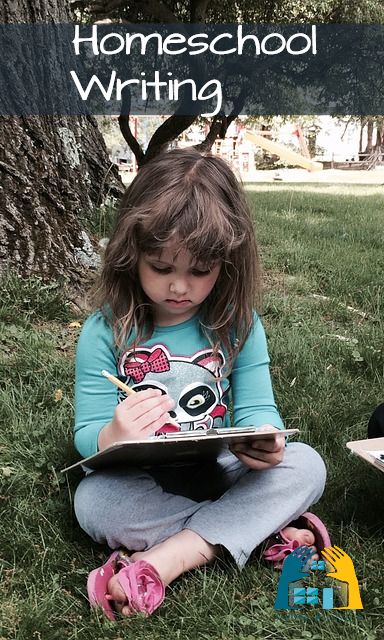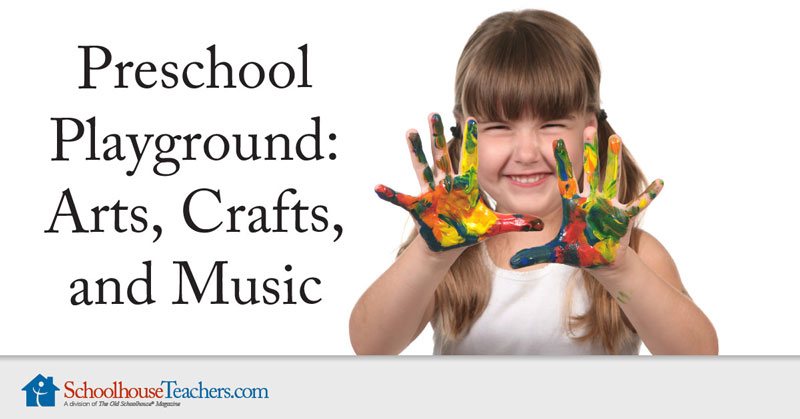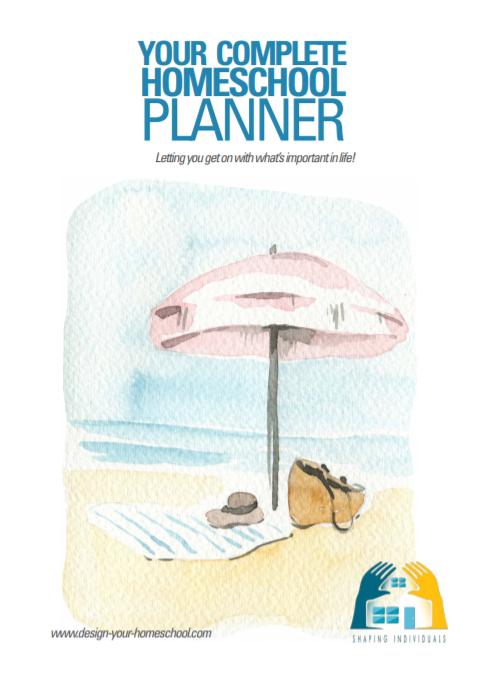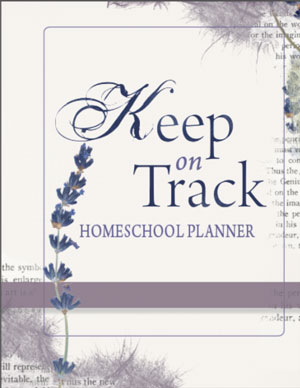Preparing to Lay the Foundation
by Dawne Shelton
(Michigan)
Preparing to Lay the Foundation
Parents of toddlers and preschoolers often wonder what, if anything, should be the focus with their little ones. If the grammar stage is the laying of the foundation, then I like to call the ages of 2-5 the pre-grammar stage in which we can prepare to lay the foundation.
The first, and most important focus, should be on the Bible, and helping to develop your child's relationship with the Savior. Developing the regular habit of daily worship is vital. We should be reading not only Bible storybooks, but the Bible itself to even our young children. I like to use a good children's Bible storybook in the morning, and then in the evening reading verses from the Bible that are a reference from that mornings story. Teaching and setting an example of prayer is also crucial to your child's growing relationship to God. Memorization of scripture is another important aspect of the whole Bible and worship aspect. A child as young as 2 or 3 can begin memorization of verses. A good goal would be 1 verse per week, with monthly review of past verses learned, and regular recitation. Memorization can also be extended to other things such as poetry, or rhymes by age 4 or 5.
After the Bible, the single most important thing one can do for their children is reading to them from a wide variety of literature, poetry, fairy tales, fables, parables, nature stories, and anything else that you deem appropriate. Laurie Bluedorn highly recommends reading aloud to your children for 2 hours per day, in two or three sessions. Beginning at age 4 or 5, you can begin your child on narration, by having them repeat back to you (in their own words) a few sentences that you just read. After time and practice the amount of text you read before asking for narration will increase. Remember that when reading aloud, it is not necessary that your child sit right beside you. Many children actually 'listen' better when being read to if allowed to busy their hands with art work (which should be offered as often as the child would like, this is great for fine motor skills), or crafts, blocks or puzzles. My rule is that you must be quiet, and stay in the living room (we read aloud on the couch). Also note that it is always best
to read from unabridged books. On of my favorite programs for children ages 3-5 is: Five In a Row.
Another area of utmost importance when preparing to lay a foundation is that of discipline. A child will never learn self-discipline if not trained for it, and without it, they will never truly master rigorous academics later. For more on discipline consult the Lord through prayer, reading His word, and talking to your husband.
Beginning sometime around the age of 4, a parent should consider teaching their child the alphabet and the sounds of our letters. This can be done in an informal and fun way through games and singing.
A child of age 6, who has no developmental delays can (and should) reasonably be a beginning reader. Learning to read is going to be one of your main goals at the beginning of the grammar stage, so preparing that foundation is time well spent. I recommend all parents read A Home Start In Reading by Ruth Beechick by the time their child is age 5. Along with the pre-reading skills, introducing math as it pertains to real life is also time well spent. Counting objects, setting the table, and learning a bit about money are all easy and fun ways to introduce arithmetic to the young child. There is no need, however, and it is actually undesirable to begin these young children on formal workbook curricula. A few minutes spent here and there on pre-math skills as they come up, and 5 minutes of pre-reading fun 4 days a week is sufficient.
Charlotte Mason was a huge advocate of children spending as much time as possible each day out of doors. This is a wonderful way for children (and adults!) to get in touch with the beauty of God's creation, to explore and learn in a hands on way. Not to mention the fresh air and exercise they will benefit from it. Seeing and experiencing things first hand are always best, which is done through being in nature and including your child in your errands. Library trips and visiting places of business are both educational. To sum
this idea up, a great way of thinking, is that one can give a young child a good beginning education, by using their own environment in a rich way.
Dawne Shelton
Comments for Preparing to Lay the Foundation
|
||
|
||
Recent Articles
-
The Hobbit Unit Study - integrated writing lessons for The Hobbit
Jul 27, 21 08:57 AM
The Hobbit Unit Study is a fun, integrated literature approach to language arts. Works for multiple ages based on writing techniques by J.R.R.Tolkien. -
Homeschool Art Lesson Plans - art techniques and projects
Jul 08, 20 06:47 AM
Homeschool art lesson plans and creative ideas- Be inspired with crayons and glue guns, fall crafts, drawing lessons, art courses and art technique lesson plans -
Homeschool Writing Ideas to teach writing and develop confidence
Jul 07, 20 09:02 PM
Homeschool writing | creative ideas to simply teach writing, design your own writing curriculum, understand copywork, and find free printables.








